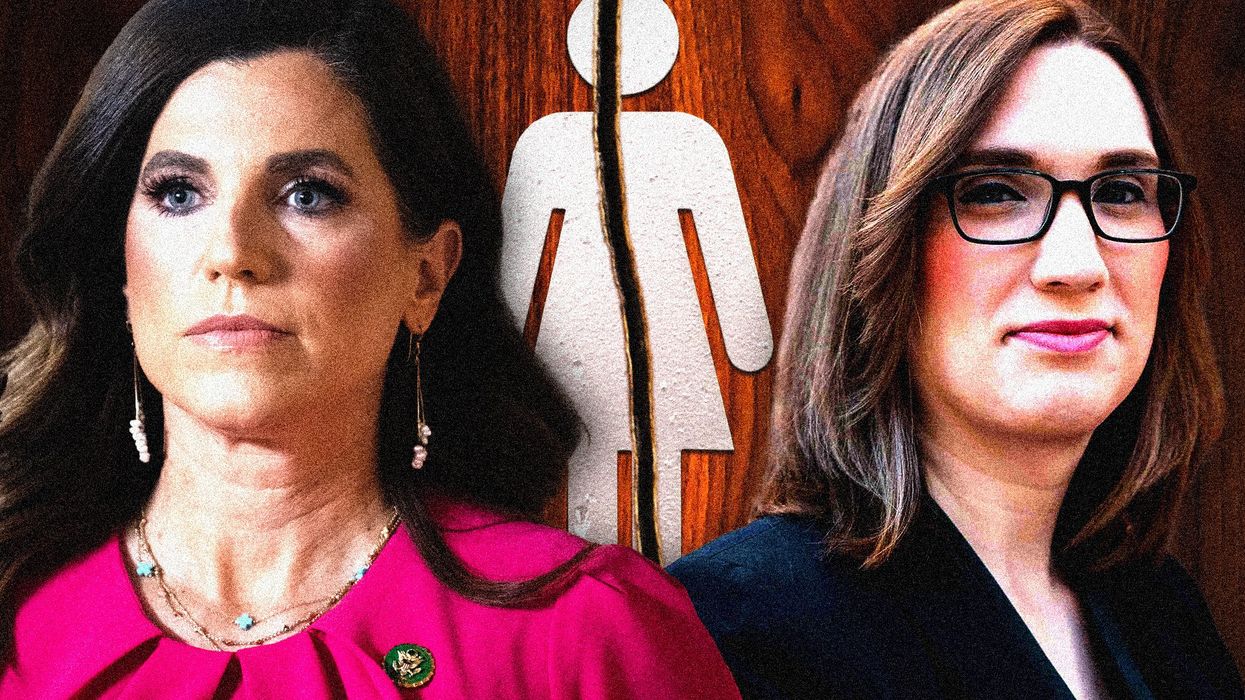
© 2024 Blaze Media LLC. All rights reserved.
"The problem that athletes have is that they aren't businesspeople. I'm the first to admit that."
When it comes to investing his money in his children’s future, the Pittsburgh Steelers’ Troy Polamalu does things a little differently.
He doesn’t spend his cash on whatever catches his attention and he doesn’t trust his money to sycophantic yes-men.
No, the seven-time Pro Bowler, who is worth millions of dollars, has most of his money involved in what is commonly referred to as a “multifamily office.”
[content warning: strong language included in following video]:
Polamalu is the most recent partner in Arenda Capital, which is “made up primarily of the pooled funds of four families,” Darren Rovell writes for ESPN.
“Polamalu, who has netted more than $25 million after taxes since being drafted by the Steelers as the 16th pick overall a decade ago, is the office's most recent partner,” Rovell adds.
Rovell explains the business model:
Family office companies such as Arenda manage the net worth of wealthy families like a business. That means everything from cutting checks for car payments and mortgages to handling personal finances. It also means investing any income generated to make more money and managing wealth from generation to generation by resolving estate-planning issues. Because Arenda includes more than one family, investment decisions are made by the group for the group -- everyone having something to gain, or lose.
This means that if Polamalu suddenly decides he wants to buy a solid gold Cadillac, his partners will most likely say, “Sorry, but that’s not going to fly” (after all, their money is also tied up in the company).
A calm and steady hand has helped the football player avoid the type of financial ruin that has befallen many athletes. The way they look at it, they’re helping Polamalu “build a solid future” for his sons Paisios, 4, and Ephraim, 2.
“I think a lot of athletes think, Let me put all my money into Home Depot or Facebook and just make tons of money out of it," Polamalu says. "The problem that athletes have is that they aren't businesspeople. I'm the first to admit that. I just haven't put in the time."
Arenda deals primarily in real estate. The group has branched out in other directions, but the 2008 housing crash convinced the group to focus mainly on apartment buildings and away from off and retail properties.
The story behind the star's rise to fame and fortune, and his decision not to squander his family’s wealth, is actually pretty awesome:
Polamalu was introduced to the business in 2010 by his brother-in-law, Alex Holmes, whose sister, Theodora, married Troy in 2005. Holmes had recently taken a job as director of business development with Arenda and had some concerns about the Polamalus' finances and how they were being managed. This was family, after all. "He was being managed like every other athlete, and to me, that wasn't good enough," Holmes says.He suggested Arenda.
They introduced him to Dusan Miletich, one of Arenda's principal managers:
In May 2010, Miletich and one of Arenda's other managing partners, Ryan Millsap, flew to San Diego to visit with Troy and Theodora. Things clicked. Polamalu and Miletich are both Greek Orthodox, and Polamalu, who is religious, describes Millsap as "theologically close."
"There were a lot of things in common," said Polamalu. "And there have to be, because when you do a business deal, there is a level of trust you place in people."
After a brief probationary period, Arenda started separating the famed football player from his more useless business relationship. They cut almost all of them (Polamalu’s agent survived the purge).
 Steeler safety Troy Polamalu and his famous wildman hair. (AP)
Steeler safety Troy Polamalu and his famous wildman hair. (AP)
The “slow and steady” business model is neither sexy nor flashy, and Polamalu's buying into it is not well known -- even among his teammates.
But he has “been willing to learn and listen, something that athletes aren't typically known for,” Rovell writes.
"I became a millionaire overnight by signing a piece of paper," Polamalu said. "I made more money in that one second than my entire family did in their lifetime. So the hardest thing for me to swallow was that there was a possibility that I wasn't going to become a billionaire overnight."
Miletich says Polamalu has become comfortable with the long-term view of business investment.
"He now understands that if you go in with the idea that you might own something forever, you're never upset if you get stuck with it, as long as there is cash flow associated with it," said Miletich.
Click here to read the full ESPN report on the Polamalu business model.
–
Follow Becket Adams (@BecketAdams) on Twitter
Featured image Getty Images.
Want to leave a tip?
We answer to you. Help keep our content free of advertisers and big tech censorship by leaving a tip today.
Want to join the conversation?
Already a subscriber?
more stories
Sign up for the Blaze newsletter
By signing up, you agree to our Privacy Policy and Terms of Use, and agree to receive content that may sometimes include advertisements. You may opt out at any time.
© 2024 Blaze Media LLC. All rights reserved.
Get the stories that matter most delivered directly to your inbox.
By signing up, you agree to our Privacy Policy and Terms of Use, and agree to receive content that may sometimes include advertisements. You may opt out at any time.


